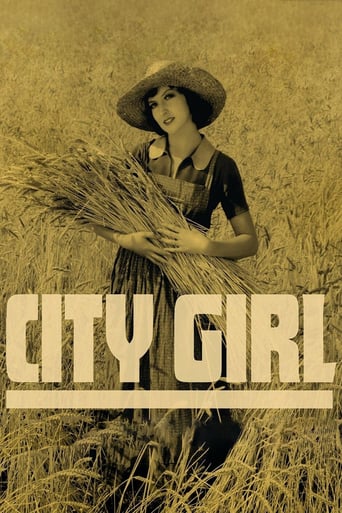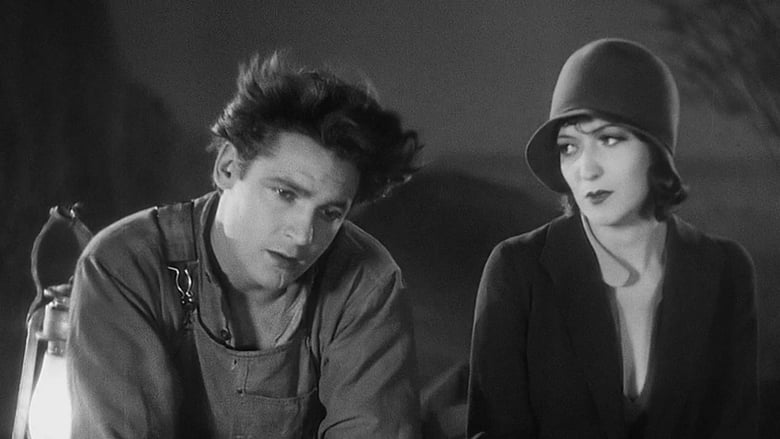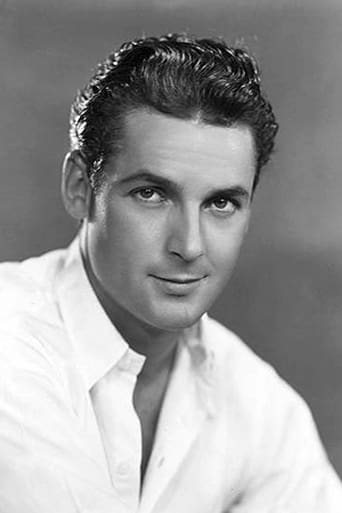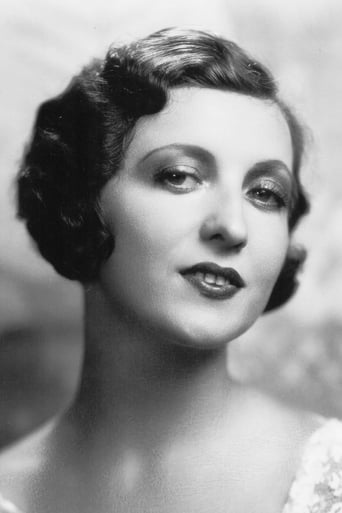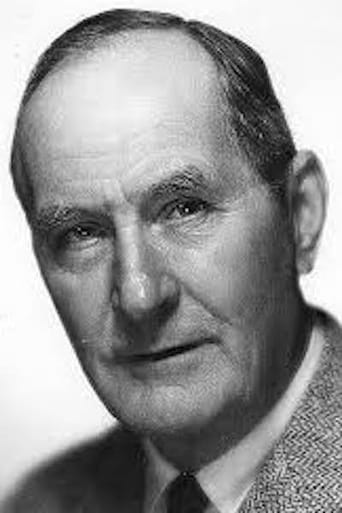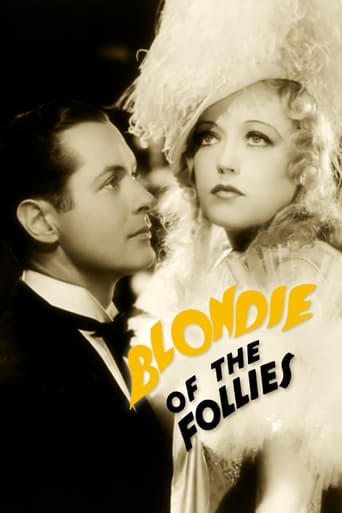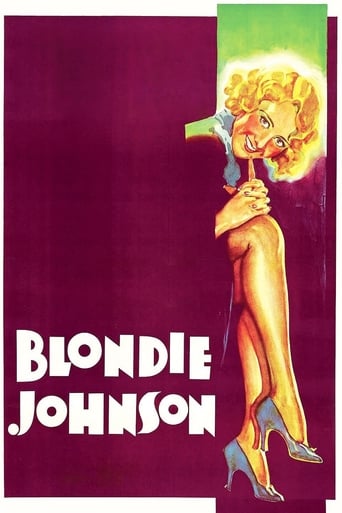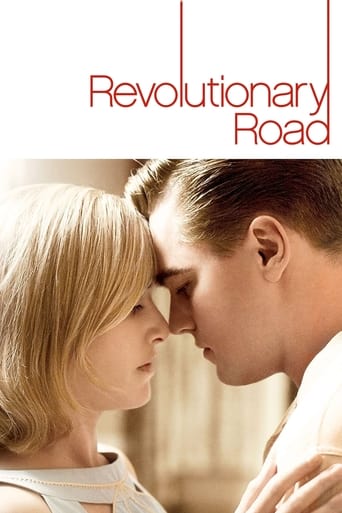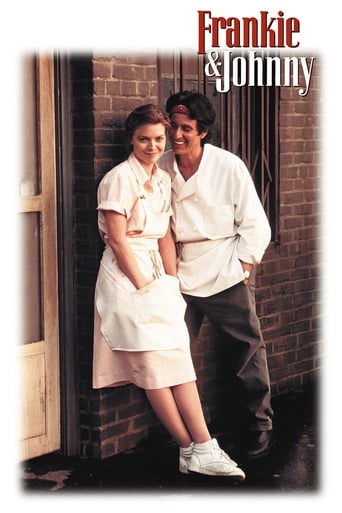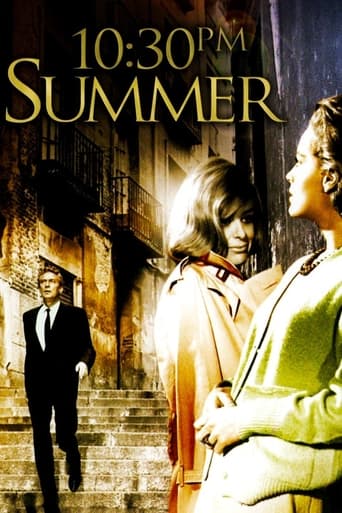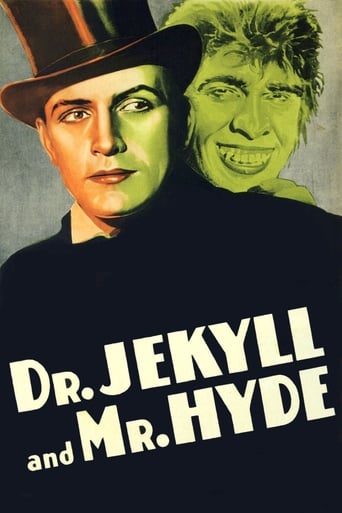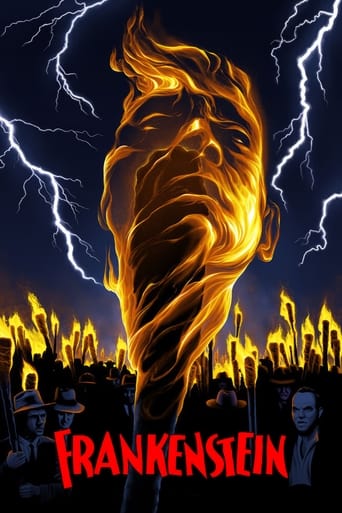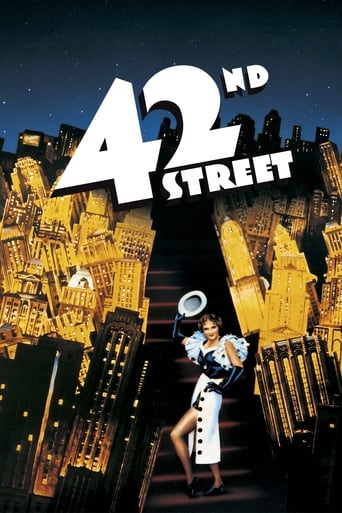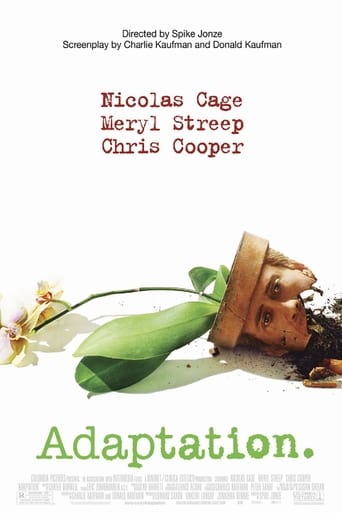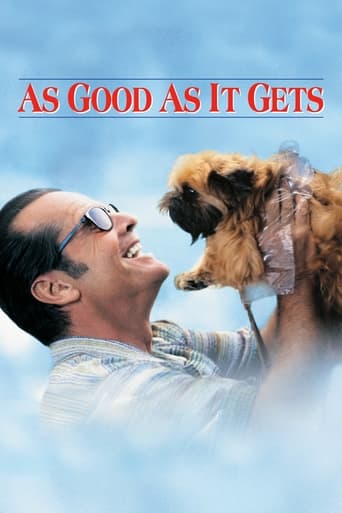City Girl (1930)
A waitress from Chicago falls in love with a man from rural Minnesota and marries him, with the intent of living a better life - but life on the farm has its own challenges.
Watch Trailer
Free Trial Channels
Cast


Similar titles
Reviews
Wonderful character development!
disgusting, overrated, pointless
Excellent and certainly provocative... If nothing else, the film is a real conversation starter.
Yes, absolutely, there is fun to be had, as well as many, many things to go boom, all amid an atmospheric urban jungle.
Copyright 10 January 1930 by Fox Film Corporation. U.S. release: 16 February 1930. 8,217 feet. 91 minutes. SYNOPSIS: A farm boy arrives in Chicago to sell his father's wheat crop, falls for a waitress, marries her and takes her home to Minnesota. His father does not approve and tries to come between the boy and his bride.NOTES: Filmed as a silent-fortunately Murnau's original cut of the movie survives-City Girl was then considerably tinkered with by studio management in order to turn it into a part-talkie, with disastrous results. The stage play opened on Broadway at the Bijou on 20 August 1925 and ran a modestly successful 52 performances. Helen MacKellar and Buford Armitage starred; Willard Mack directed.COMMENT: Beautifully filmed, superbly acted (particularly by Charles Farrell and Mary Duncan) romance of the wheatfields, the silent version is available on an excellent DVD from Grapevine Video. The city scenes are so startling in their impressionistic (but nonetheless hectic) pace, which all comes to a charming coda when the lovers meet, we wonder what Murnau is holding in reserve to beguile us back on the farm. We're not kept long in suspense. After a lyrical introduction as the lovers run through the wheat fields, we are brought down to earth when miserly in words, deeds and manner David Torrence comes back on the scene. How these three clashing personalities resolve their differences is worked out forcefully, if a little melodramatically, but nonetheless in a satisfyingly picturesque manner, thanks equally to the consummate skill of F.W. Murnau in staging, the engrossing acting of the principals, and the superbly lit camerawork of Ernest Palmer.
Principally I write to let my fellow silent-film fans know that the new release (Oct. 1, 2015; UPC 024543991151)by Fox Cinema Archives does contain the wonderful score composed by Christopher Caliendo. Often the soundtrack can make or break a release and the music here is wonderful. It is the same as found on the earlier and quite expensive Murnau, Borzage and Fox box set. Secondly, I would take issue with those who have said here that City Girl is not up to Murnau's earlier standards. In that regard I would point out that every Van Gogh is not "Starry Night." I agree that this film is not a masterpiece like Sunrise or The Last Laugh, but it is nonetheless a terrifically rendered film. The cinematography is stunning as is the art direction. It really captures the flavor of the late 1920s and serves in several ways as an "inadvertent documentary." The scenes in Chicago are a virtual snapshot of urban living and the footage of pre-mechanized farming is also worthy of note. I for one had never seen a mule-drawn threshing machine in operation. It really is fascinating. As for the cast, I've never seen a bad performance by Charles Farrell and he is absolutely believable in this role. And Mary Duncan is simply radiant. Strong performances by Edith Yorke, a young Anne Shirley, Guinn Williams and the always superb David Torrence make for an all around enjoyable film. In fact, this is one of my favorite "second tier" silent films. I think it is well worth your while.
While the ending of "City Girl" is rather poor, it still is a film well worth seeing, as it shows just how artful a silent film can be. While this was, for the most part, directed by the famous F.W. Murnau of "Nosferatu" fame, this film seems to have little in common with this early horror classic. Instead, it's one of Murnau's tales of the common man--something he excelled at in the late period of his too-short life.The film begins with a young man, Lem, in the big city to sell his family's wheat crop. It's obvious that his very controlling father has very little confidence in the young guy and when he returns from the trip, the jerk of a father holds two things against him. First, the price of the wheat crop was very low and he blames Lem for this. Second, Lem returns with a new bride and while it's never certain why, the father instantly hates the lady--thinking she married him for his money. Considering that the family owns a large farm, this makes little sense as I'd think few city gals would want to move to the middle of no where! In fact, the father's character is THE problem with the film. While the film is breathtaking with its rich cinematography, the angry dad never made sense---especially since late in the film he miraculously changes--welcoming his new daughter-in-law into the family!! How much of this hole-ridden plot is the fault of Murnau, I have no idea as the studio substituted another man at the helm at the last moment--and the final product perhaps was NOT his vision. I do know that artistically, what I loved about the film was undoubtedly his vision--as it bears the marks of his style. The film is simple and gorgeous from start to finish--as Murnau had quite the eye for the craft.
For it's time I'm sure The City Girl was a bawdy piece of film work what with all the sexual advances and threats of rape posed by the hired hands. I'm not sure it has lost that quality as I found the hitting of women and the lechery of the men to be quite unsettling in it's reality. The film is simple, so simple it could have been written out on a couple pieces of paper, the dialog is good, the acting fair and the lighting and music exceptional. Heavy makeup on the actors especially Charles Farrell is a bit distracting and takes away from the modernness of the images. Even though this film is from 1930 you can easily relate to the times and characters. It is an enjoyable film and a time machine back to a simpler era but the story is too predictable and a bit contrived.

